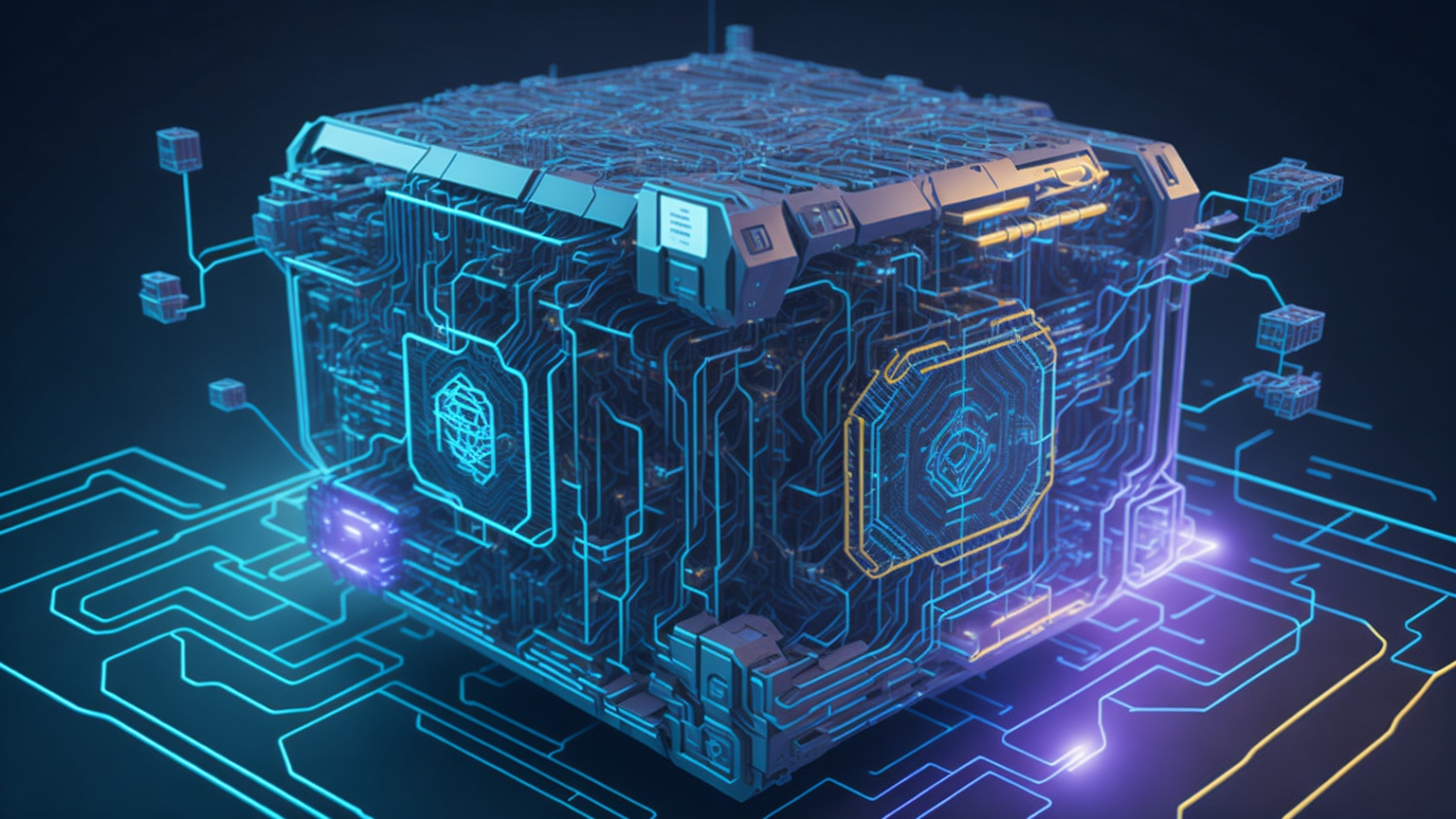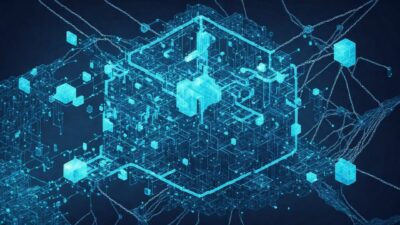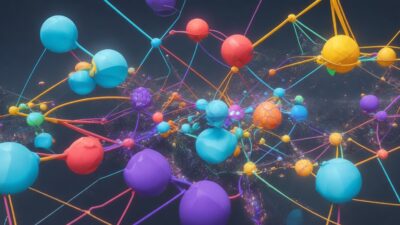Quantum Computing for Blockchain Transactions: Assessing Possibilities and Risks

Blockchain and cryptocurrencies have stepped into our lives along with the promise of digital revolution across numerous sectors. Today, we are going to examine the potential use of quantum computers in this field and identify potential risks.
Quantum Computers: What are they?
Quantum computers are machines that operate based on quantum bits or qubits. These can simultaneously assume and hold multiple states, unlike classical bits that can only be either 0 or 1. This grants quantum computers substantial advantages in terms of data processing speed and complex computations, which can be applicable for blockchain technologies.
Quantum Computers and Blockchain
Blockchain technologies are characterized by decentralization and transparency, providing a reliable and secure transaction processing environment. However, the existing encryption algorithms may become vulnerable in the era of quantum computers that can quickly solve complex mathematical problems that underpin the security of most cryptocurrencies.
Opportunities
Quantum computers can accelerate the mining process, making it more efficient and speedy. This could increase the number of transactions that can be processed within a certain period and enhance the scalability of blockchain.
In terms of smart contracts, quantum computers can improve their functionality, handling more complex conditions and boosting their speed.
Risks
The primary risk is related to potential security threats. Quantum computers could potentially crack the cryptographic algorithms used in blockchain technologies. The advent of quantum computers in the mainstream market could jeopardize the security of many cryptocurrencies and blockchain platforms.
Future of Quantum Computers in Blockchain
To mitigate the risks associated with quantum computations, quantum-resistant algorithms are being developed. Integrating such algorithms into the blockchain could make platforms resistant to potential attacks from quantum computers.
Quantum computers open significant prospects for the blockchain industry. However, prior to mass adoption, it’s important to consider potential risks and counter them proactively.
In conclusion, quantum computers open new possibilities for blockchain technology’s development but simultaneously present significant challenges. The future of blockchain in the quantum era will depend on how well the industry can adapt and defend itself against potential threats linked with this advanced technology.






